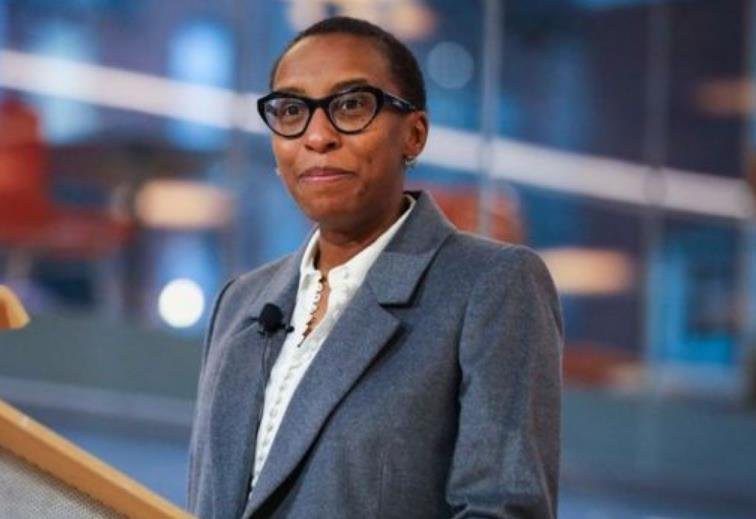Harvard University President Claudine Gay is under fire for her responses to questions about campus antisemitism at a congressional hearing last week. Gay, along with the presidents of the University of Pennsylvania and the Massachusetts Institute of Technology, was grilled by lawmakers about the rise of antisemitic incidents and rhetoric on their campuses following the Israel-Hamas conflict earlier this year.
Gay, who became the first woman and the first African American to lead Harvard in 2020, defended the university’s commitment to free expression and academic freedom, even of views that are “objectionable, offensive, hateful.” She said that Harvard does not tolerate calls for violence against its students or disruptions of the classroom experience, but also does not punish speech based on its content or viewpoint.

Gay’s stance drew criticism from some members of the House Education and Workforce Committee, who accused her of being evasive and insensitive to the plight of Jewish students. Rep. Elise Stefanik (R-N.Y.) asked Gay whether calling for the genocide of Jews violates Harvard’s rules of bullying and harassment, referring to the pro-Palestine chants of “from the river to the sea” and “intifada” that have been heard on some campuses. Gay replied that it is a “context-dependent decision” and that the university evaluates each case individually.
Stefanik, who is Jewish, said that Gay’s answer was “shocking” and “appalling” and that it showed a lack of moral clarity and leadership. She called for Gay’s resignation, along with the other two presidents who gave similar answers. Stefanik also launched a petition on her website, urging Harvard alumni and donors to pressure the university to remove Gay from her position.
Gay receives support from Harvard community
Gay, however, has received support from the Harvard community, including the university’s highest governing board, the Harvard Corporation, which issued a statement on Tuesday expressing its unanimous backing for Gay’s continued leadership. The board said that Gay is “the right leader to help our community heal and to address the very serious societal issues we are facing.”
Hundreds of faculty members have also signed a letter of solidarity with Gay, praising her for upholding the values of free expression and academic excellence at Harvard. The letter said that Gay has been a “visionary and transformative leader” who has advanced the university’s mission of teaching, research, and service. The letter also condemned the “unfair and unwarranted attacks” on Gay and the other presidents, saying that they were “motivated by partisan politics and ideological agendas.”
The Harvard Alumni Association Executive Committee also issued a statement of support for Gay, saying that she has demonstrated “courage, integrity, and compassion” in her leadership. The statement said that the alumni community stands with Gay and the university in their efforts to foster a diverse and inclusive environment that respects the dignity and rights of all members.
Gay vows to address campus antisemitism
Gay, who has not commented publicly on the controversy since the hearing, has vowed to address the issue of campus antisemitism and to ensure the safety and well-being of Jewish students and faculty at Harvard. In a letter to the Harvard community in May, Gay said that she was “deeply troubled” by the reports of antisemitic incidents and expressions on campus and online, and that she condemned them “in the strongest possible terms.”
Gay said that she has instructed the university’s Office for Diversity, Inclusion, and Belonging to work with the Harvard Hillel and other Jewish organizations to provide support and resources to the Jewish community. She also said that she has asked the university’s Task Force on Inclusion and Belonging, which she established in 2020, to examine the issue of campus antisemitism and to recommend actions to address it.
Gay said that she is committed to fostering a culture of mutual respect and understanding at Harvard, where people of different backgrounds, beliefs, and identities can learn from and with each other. She said that she believes that “the best way to combat hatred and bigotry is through education, dialogue, and engagement, not through censorship or silencing.”
